Camping, the act of living outdoors in a temporary shelter, offers an escape from the daily grind and a chance to reconnect with nature. Whether you’re a seasoned adventurer or a curious beginner, this guide provides everything you need to know for a successful and enjoyable camping trip.
Choosing the Best Season for Your Camping Adventure
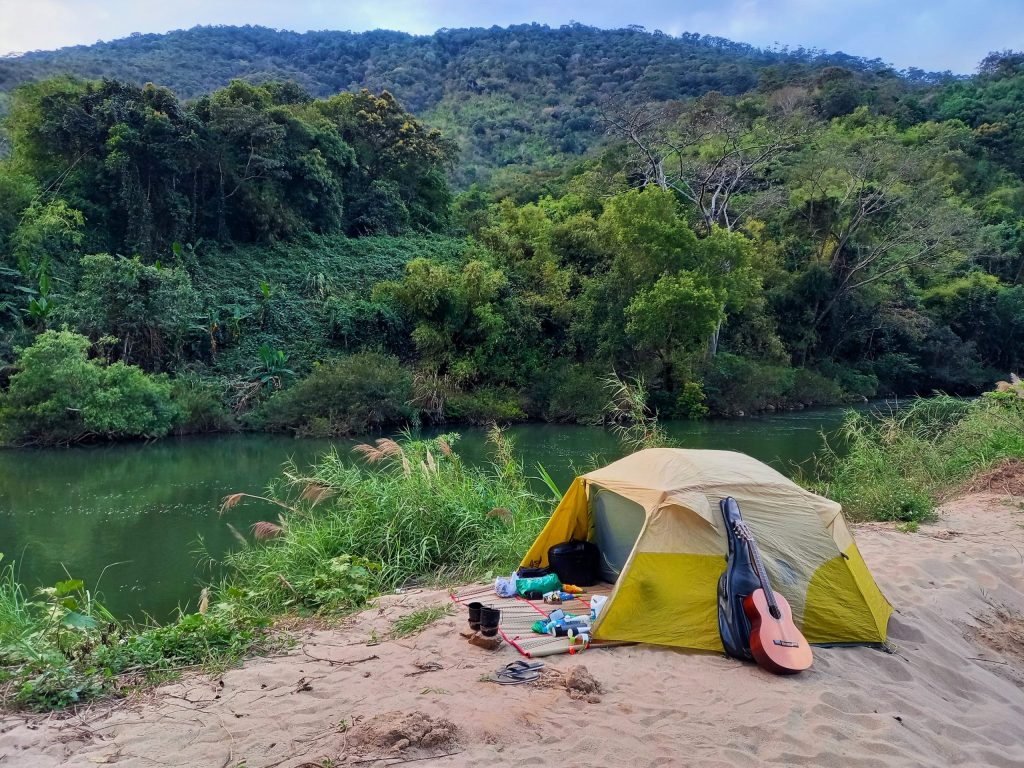
The ideal season for camping depends on your personal preferences and tolerance for various weather conditions. Here’s a breakdown of the pros and cons of each:
- Spring: Lush greenery, wildflowers blooming, and comfortable temperatures make spring a popular choice. However, unpredictable weather with rain showers and the potential for lingering snow in some areas can be a drawback.
- Summer: Warm days and longer daylight hours offer ample opportunities for exploration and outdoor activities. However, hot weather, crowds at popular campsites, and increased insect activity can be deterrents.
- Autumn: Breathtaking fall foliage, cooler temperatures, and fewer crowds create a serene atmosphere. However, nights can get chilly, and some facilities and campsites may have limited availability towards the season’s end.
- Winter: Camping in winter, though less common, offers a unique and peaceful experience. However, it requires specialized equipment, preparation for cold temperatures, and potentially limited access to certain campsites and facilities due to snow.
Planning and Preparation: Logistics Made Easy
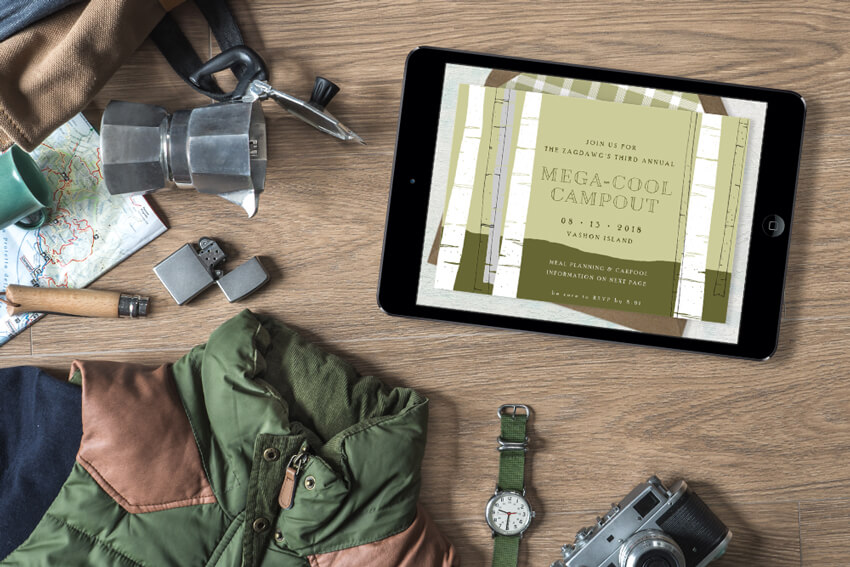
Once you’ve chosen your ideal season, it’s time to plan your camping trip. Here are the key steps involved:
1. Selecting a Campsite:
- National parks and forests: These offer breathtaking scenery and diverse camping options, but reservations can fill up quickly, especially during peak season.
- State parks and recreation areas: Often less crowded and closer to urban areas, they are good options for shorter getaways.
- Private campgrounds: These may offer amenities like showers, laundry facilities, and organized activities, ideal for families or those seeking a more comfortable experience.
2. Researching Regulations and Permits:
- Different campsites have varying rules and regulations regarding fire permits, noise levels, and pet restrictions. Research and adhere to these guidelines to ensure a smooth and responsible camping experience.
- Backcountry or wilderness camping may require additional permits and knowledge of Leave No Trace principles to minimize your environmental impact.
3. Gearing Up:
- Shelter: Choose a tent suitable for the number of people and expected weather conditions. Consider factors like weight, ease of setup, and ventilation.
- Sleeping Gear: A comfortable sleeping bag with a suitable temperature rating and a sleeping pad for insulation are crucial.
- Cooking Gear: Opt for a camp stove, a mess kit, and a cooler based on your cooking plans.
- Clothing: Pack layers to accommodate changing weather, including rain gear, sturdy shoes, and a hat.
- First-aid Kit: Be prepared for minor injuries with a well-stocked first-aid kit.
- Navigation Tools: A map, compass, and GPS device (with backup batteries) are essential for safe navigation, especially in unfamiliar areas.
Setting Up Camp: Pitching Your Perfect Site
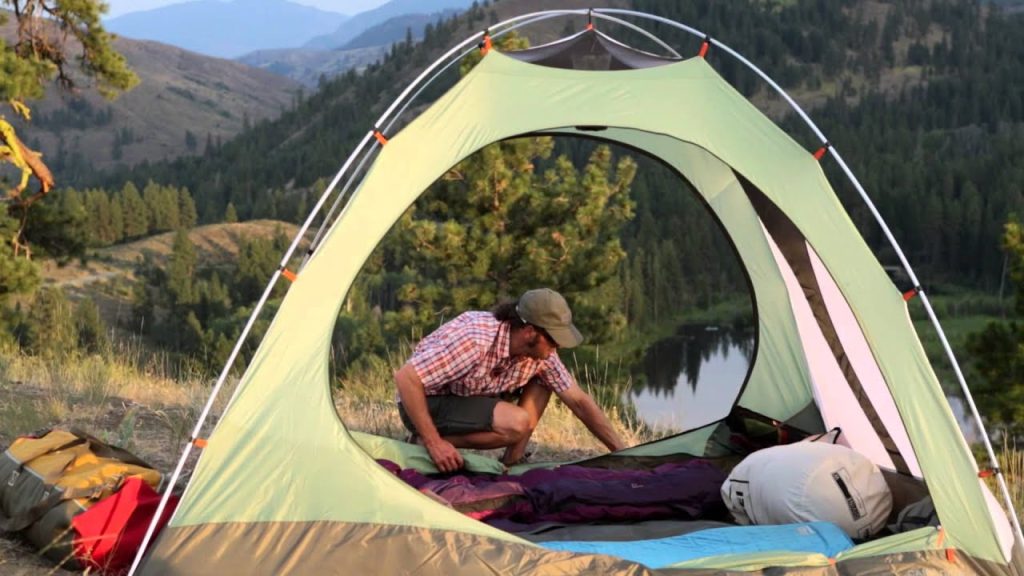
Upon arrival at your campsite, follow these steps for a successful setup:
- Find level ground: Avoid uneven terrain that can cause discomfort and instability for your tent.
- Clear the area: Remove rocks, branches, and debris to create a clean and safe space.
- Pitch your tent: Follow the manufacturer’s instructions carefully, ensuring proper tension on the rainfly and guy lines.
- Organize your gear: Unpack and arrange your belongings efficiently for easy access throughout your stay.
Essential Campfire Tips: Safety and Responsibility
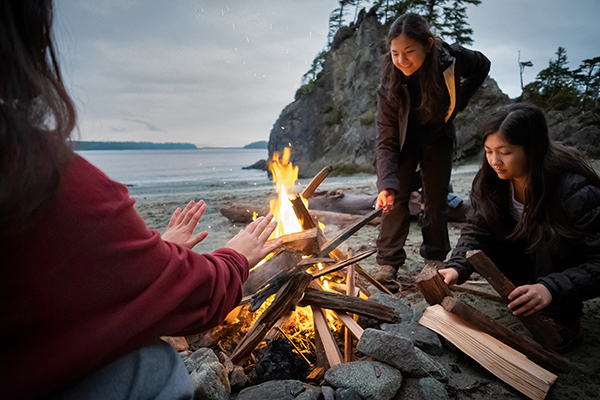
Campfires can be a source of warmth, light, and social gathering during your camping trip. However, it’s crucial to prioritize safety and environmental responsibility:
- Only build fires in designated fire rings: Never create new fire pits, as this can damage vegetation and contribute to soil erosion.
- Clear the area: Remove any flammable materials within a safe distance of the fire ring.
- Use only seasoned firewood: Avoid burning green wood, as it creates excessive smoke and pollutes the air.
- Never leave a fire unattended: Extinguish the fire completely before leaving your campsite, using water and ensuring no embers remain.
Precautions and Safety Measures:
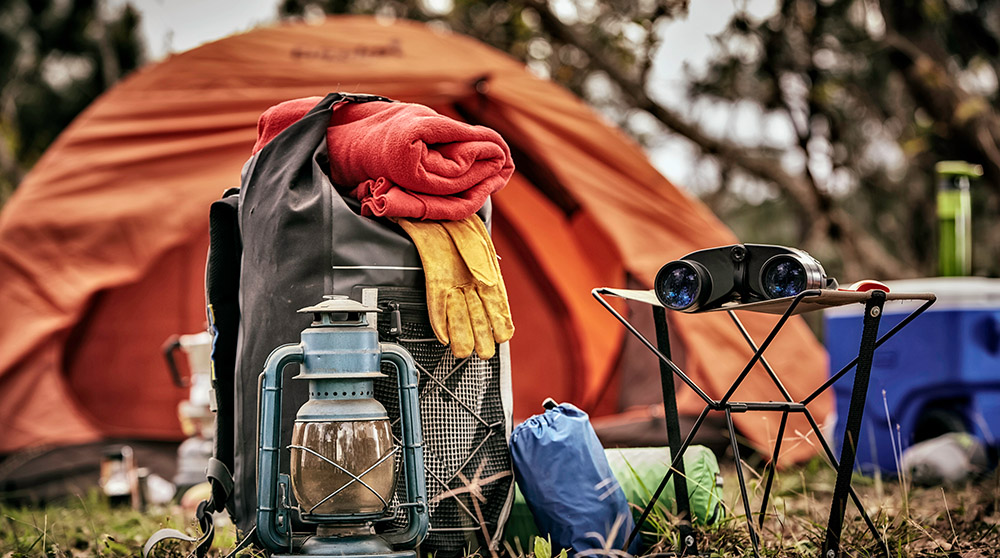
- Be aware of your surroundings: Research potential hazards in the area, such as wildlife encounters, and take necessary precautions.
- Practice safe food handling: Maintain proper hygiene, store food securely to avoid attracting animals, and dispose of waste responsibly.
- Leave No Trace: Minimize your impact on the environment by following the “Leave No Trace” principles, such as packing out all trash, minimizing campfire impact, and respecting wildlife habitat.
Beyond the Basics: Activities and Entertainment
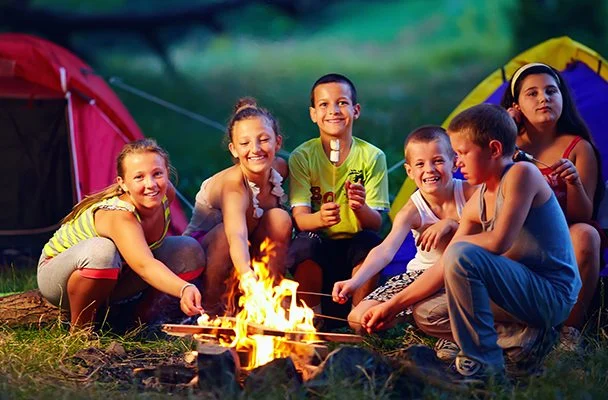
Camping isn’t just about setting up camp and staring at staring at a fire. It offers a plethora of opportunities to connect with nature and engage in a variety of activities:
- Hiking and exploring: Embark on scenic hikes through trails, soaking in the beauty of nature and discovering hidden gems.
- Swimming and fishing: Take a refreshing dip in a lake or river, or try your hand at fishing for a memorable experience.
- Wildlife watching: Observe birds, animals, and insects in their natural habitat, maintaining a respectful distance and minimizing disturbance.
- Stargazing: Immerse yourself in the breathtaking night sky, free from light pollution, and learn to identify constellations.
- Photography: Capture stunning landscapes, wildlife encounters, and candid moments during your camping trip to create lasting memories.
- Reading and journaling: Unwind with a good book or unleash your creativity by journaling your experiences and reflections.
- Board games and camp songs: Gather around the campfire and enjoy classic board games, sing along to camp songs, and connect with fellow campers.
Remember, camping is an opportunity to disconnect from the everyday and reconnect with nature and yourself. Embrace the experience, learn from unforeseen situations, and cherish the memories you create under the open sky.
By following these guidelines and embracing the spirit of adventure, you’ll be well on your way to planning and enjoying a successful and unforgettable camping trip.
Where should you go camping?
9 Stunning Camping Paradises Around the Globe That’ll Leave Travel Lovers Speechless






GIPHY App Key not set. Please check settings